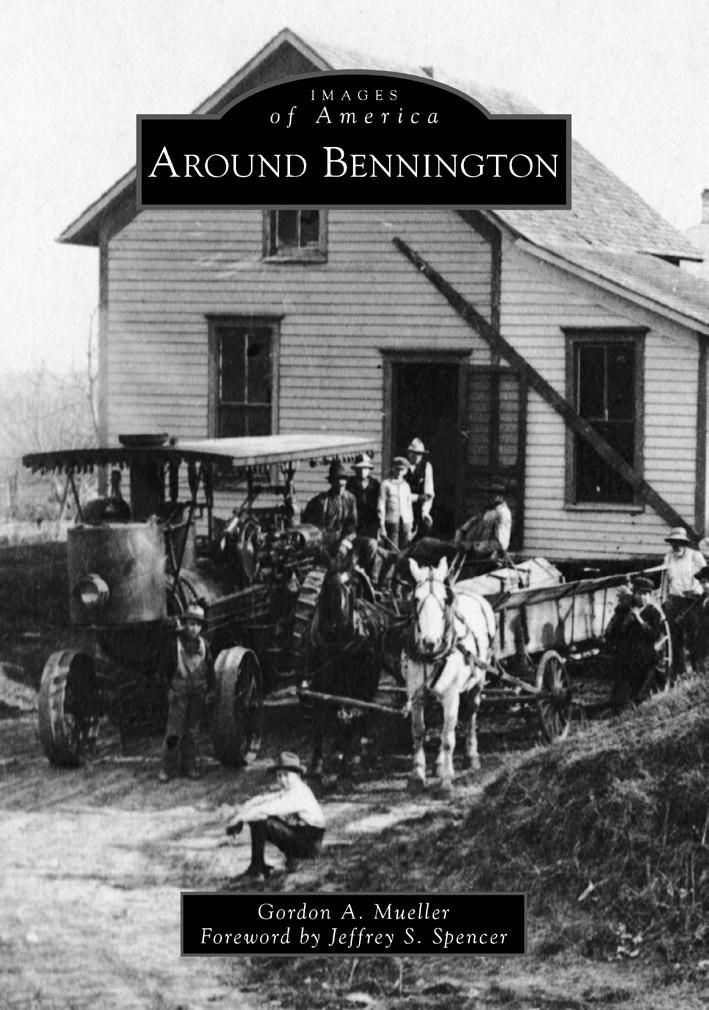
5 minute read
Meeting your long-term care needs
Research suggests most Americans turning age 65 will need some form of assistance with everyday activities known as long-term care, as they grow older. The amount of care needed will depend on many variables including overall health, cognitive functioning, and home environment.
Age is a strong predictor of the need for help, and because women live longer on average, they’re more likely than men to require long-term care.
Advertisement
Regardless of gender, factors such as a disability, injury, or chronic illness also increase the chance long-term care will be needed. For some people, the need for long-term care may occur suddenly as the result of an illness or accident. For others, the need may grow slowly.
Make your decisions about long-term care before you have the need. These three simple steps can help start your planning.
• Know what to expect.
Most people know they should save for retirement, but many don’t know what expenses to expect for help with everyday tasks such as bathing, dressing, or eating. While most of this care is provided by family members and friends, sometimes older adults and their families get these services from providers like home health agencies or Area Agencies on Aging like the Eastern Nebraska Office on Aging.
Long-term care insurance can help cover the cost of professional services provided in the home.
Understanding long-term care is the first step in creating a plan. Key things to know include:
Most people prefer to receive long-term care at home. Their odds of doing so may be improved by making home modifications to reduce the risk of falls.
A person who lives alone is more likely to require longterm care than one who can rely on a spouse or a partner for help with daily tasks.
Long-term care is expensive and represents a major risk to your retirement savings.
Medicare doesn’t pay for long-term care services or support (with some minor exceptions) and neither does employer-based health insurance or Medigap.
Many Americans say they don’t want to rely on their children for care, but a lack of planning for paid care often leads to that result. • Make your preferences known. A choice to plan or not plan will likely have a big impact on family and friends who may also be informal caregivers. Statistics show most long-term care is provided by family members or other loved ones. Research has also shown caregivers can experience significant stress when they have caregiving responsibilities.
Take the time to make clear your preferences for what kind of help you value most and where you want to receive it. Family and friends will feel better knowing you’re thinking about your needs – and theirs – by planning for long-term care. • Get a plan in place. Be proactive. Staying at home is great, especially if it’s been modified to help you avoid an injury and continue to care for yourself. However, it won’t happen without taking steps to ensure you can get the support you need. Start thinking about ways to maintain your independence and safety as long as possible within your home and community.
For more information and resources to develop a care plan, visit longtermcare.gov.
• April 19: Mission Monday • April 20: New Giving Tuesday • April 21: Wish List Wednesday • April 22: Volun-Thursday • April 23: Fund It Friday • April 24: Celebration Saturday
Go to
SHAREomaha.org
for more information! Support the Eastern Nebraska Office on Aging during


Images of America: Around Bennington, a book written by Gordon A Mueller, with a foreword by Jeffrey S. Spencer, is now available from Arcadia Publishing and The History Press.
The area around Bennington, Neb. – founded in 1887 – played an important role in the United States’ western expansion.
The Missouri and Platte Rivers provided travel corridors for indigenous people, early explorers, trappers, and pioneers.
Railroads revolutionized travel and led to the creation of villages along those lines. By 1975, the rail lines around Bennington were abandoned. Upgraded roads from suburban sprawl, however, have benefitted the Douglas County community.
Mueller grew up on a farm near Bennington and received two degrees from the University of Nebraska at Omaha.
He’s the president of the Bennington Historical Society and has served as Bennington’s mayor and on its city council.
Arcadia is the nation’s leading publisher of books about local history with more than 15,000 titles. Its mission is to connect people with their past, their communities, and with one another.
The Images of America series celebrates the history of neighborhoods, towns, and cities across the country using archival photos. Each title presents distinctive stories from the past that shape the character of those communities today.
Images of America: Around Bennington, a 128-page paperback, is available for $21.99.
For more information, go online to arcadiapublishing.com or historypress.net.

Ombudsman Advocates
The Eastern Nebraska Office on Aging is looking for men and women age 21 and older to join its Long-term Care Ombudsman Program which is co-sponsored by the Nebraska State Ombudsman Program.
ENOA’s Long-term Care Ombudsmen volunteer in local long-term care facilities and assisted living communities to protect the residents’ rights, well-being, and quality of life.
Long-term Care Ombudsmen must complete 20 hours of initial classroom training and 12 hours of additional training every two years.
During the training, the volunteers learn about the residents’ rights, aging issues, Medicare, Medicaid, communication skills, how to investigate the residents’ complaints, the importance of confidentiality, and about the federal and state rules, regulations, and laws regarding Nebraska’s long-term care facilities and assisted living communities.
Before being assigned to a long-term care facility or an assisted living community, new volunteers will make four visits to a site with an experienced Ombudsman Advocate to learn more about what the program entails. After a three-month probationary period, the new volunteers are certified as Ombudsman Advocates.
Certified Ombudsman Advocates will be assigned to a long-term care facility or an assisted living community where they’ll visit for two hours a week to meet with administrators, residents, and the residents’ family members to address concerns.
For more information about ENOA’s Long-term Care Ombudsman Program, please call Beth Nodes at 402-444-6536.




